This fundamental belief—that, with help, most couples can negotiate and work through their challenges—is key to our success in this area of therapy. It drives our therapists to do their very best for clients every day.
Good counselling can help you reconnect. It can shift your focus from seeing only the worst in your partner, helping you to once again value and desire them, even with all their faults. While this may sound far-fetched, when counselling helps couples emotionally reconnect, the results can be magical. However, it’s equally true that poorly executed relationship counselling can create problems—setting up triangles, casting blame, opening old wounds without healing them.
Our therapists are deeply committed to doing everything they can to help save relationships. This is a debatable issue in the relationship counselling world, as not every relationship should be saved. Many argue that “the relationship is not sacred,” and our therapists agree that not every relationship should be saved. But when people truly care about each other, relationships are, in a sense, sacred. We hate to see couples break up when they still love each other but don’t know how to live together without constant fighting and heartache.


If your relationship is beyond help, especially if one partner has emotionally detached, counselling may not save things. However, it can often help you part more easily, with less hurt, bitterness, and recrimination.
With a few exceptions, most people come to therapy with beautiful intentions, wanting to do the right thing for their partner. Even if they haven’t been the best husband, wife, or partner so far, most have the capacity and desire to change and improve things.
As therapists, we are always moved by these intentions. We work with clients during their sessions to identify the root causes of their issues and explore ways to reconnect on a deep, loving level. Our therapists use a variety of therapeutic techniques and strategies to help couples rebuild love and strengthen their relationship. Some people may be more interested in the results, saying, “Just give me the results!” while others want to understand the “how” before committing to the process.
Below, you’ll find a range of strategies that our therapists focus on to help rebuild love and strengthen relationships. You can also learn more about these and other helpful approaches in our resources section.
Initially, your therapist will work with you as a couple, which we consider to be an assessment session. We’re trying to understand the heart of the matter for you. You will then each have a one-on-one individual session with your therapist to give you the opportunity to each share your stories, perspectives and personal history in more detail. Following these assessments. your therapist will start to work with you as a couple.
Our relationship therapists have all studied a range of modalities, and will use a blended approach as appropriate to each individual couple in the moment. Generally speaking we are emotionally and experientially focused and will try and work on your bond rather than wasting too much of your time in content that you are already good at arguing about.
In summary, our therapists often work intuitively, considering what will work for each couple at each stage, practicing “the art of therapy”. You’ll find more information on our Relationship Counselling FAQs page. Please Contact Us at Me,You & Us if you have any more questions.

Research shows that EFT for Couples (EFCT) helps 70–75% of couples move from distress to recovery, with 90% reporting improvement in their relationship. These are incredible results—using EFCT, you have a 9 out of 10 chance of strengthening your relationship and a 7 out of 10 chance of fully repairing it if you’re in distress.
But beyond the statistics, EFT helps couples get to the heart of the matter quickly. It allows you and your partner to explore deep emotional patterns, understand reactive cycles, and uncover what’s truly driving conflict. Grounded in attachment science, EFT helps you break out of destructive loops, rebuild trust, and create a stronger, more connected relationship.
In EFT, you’ll encounter terms like “raw spot,” “attachment injury,” and “infinity loop,” along with practical tools to track triggers and shift out of unhealthy dynamics. Sessions follow three key phases: de-escalating conflict, uncovering emotional needs, and fostering lasting change. Each stage builds deeper understanding and emotional safety, helping you reconnect in a way that feels secure and lasting.
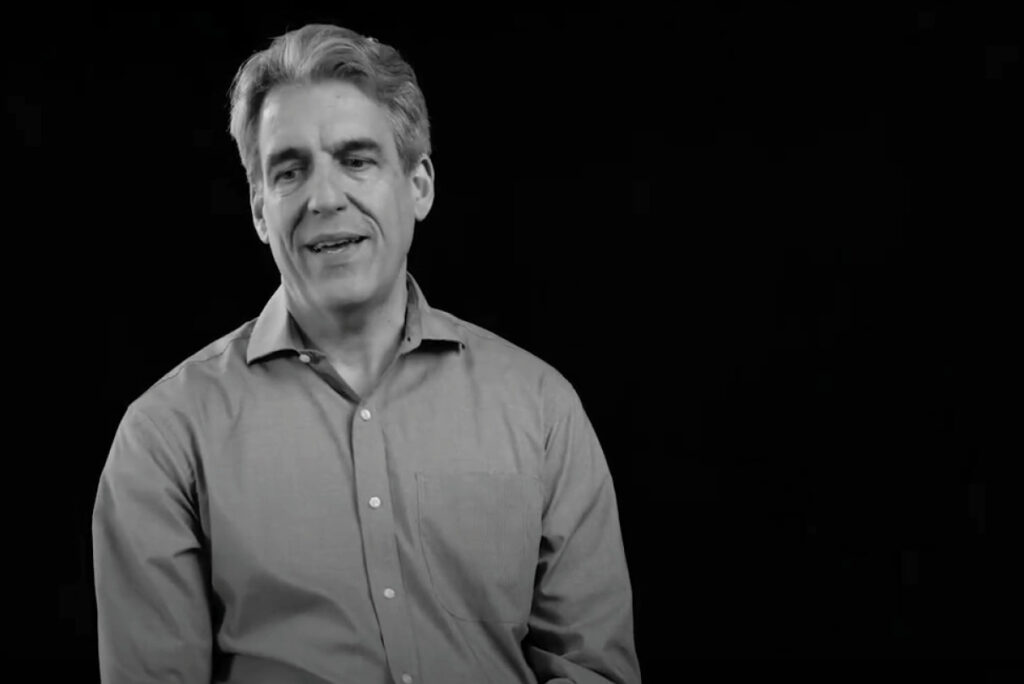
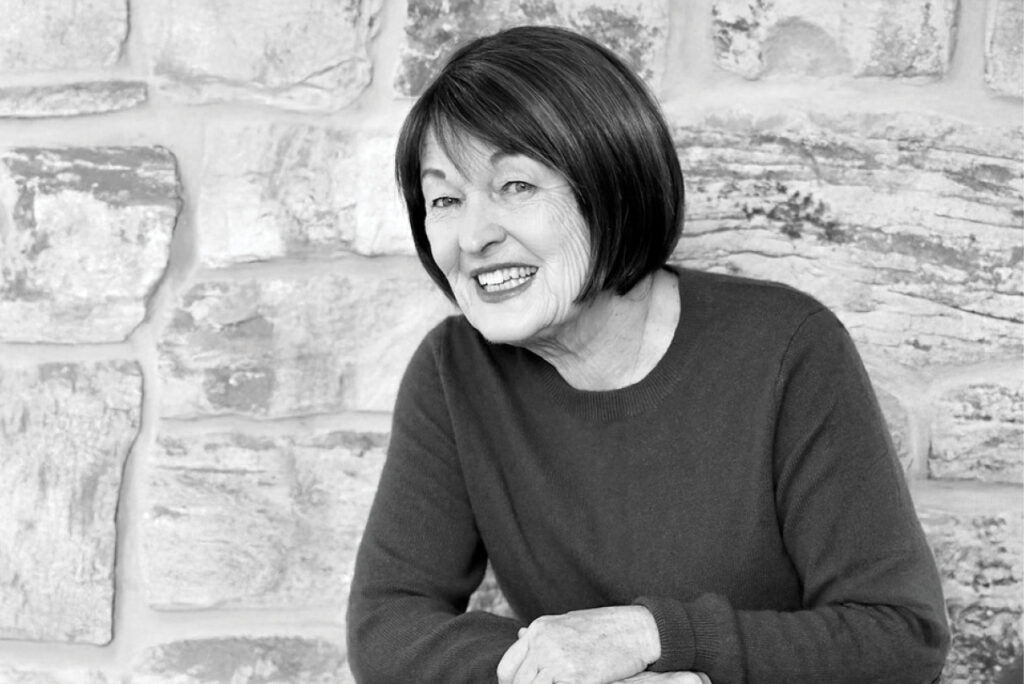
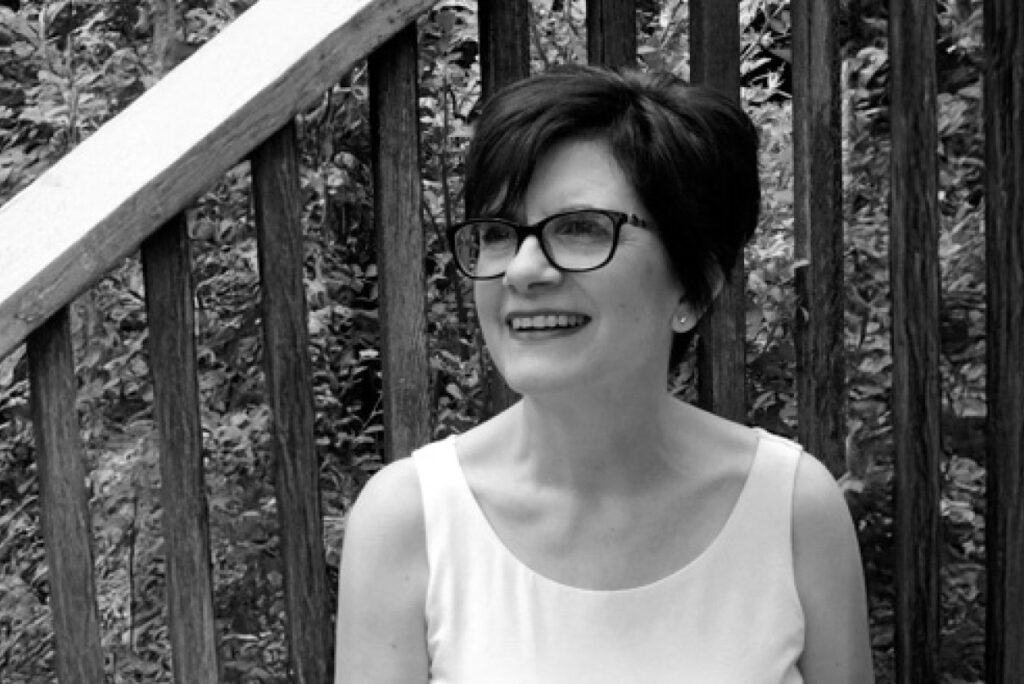

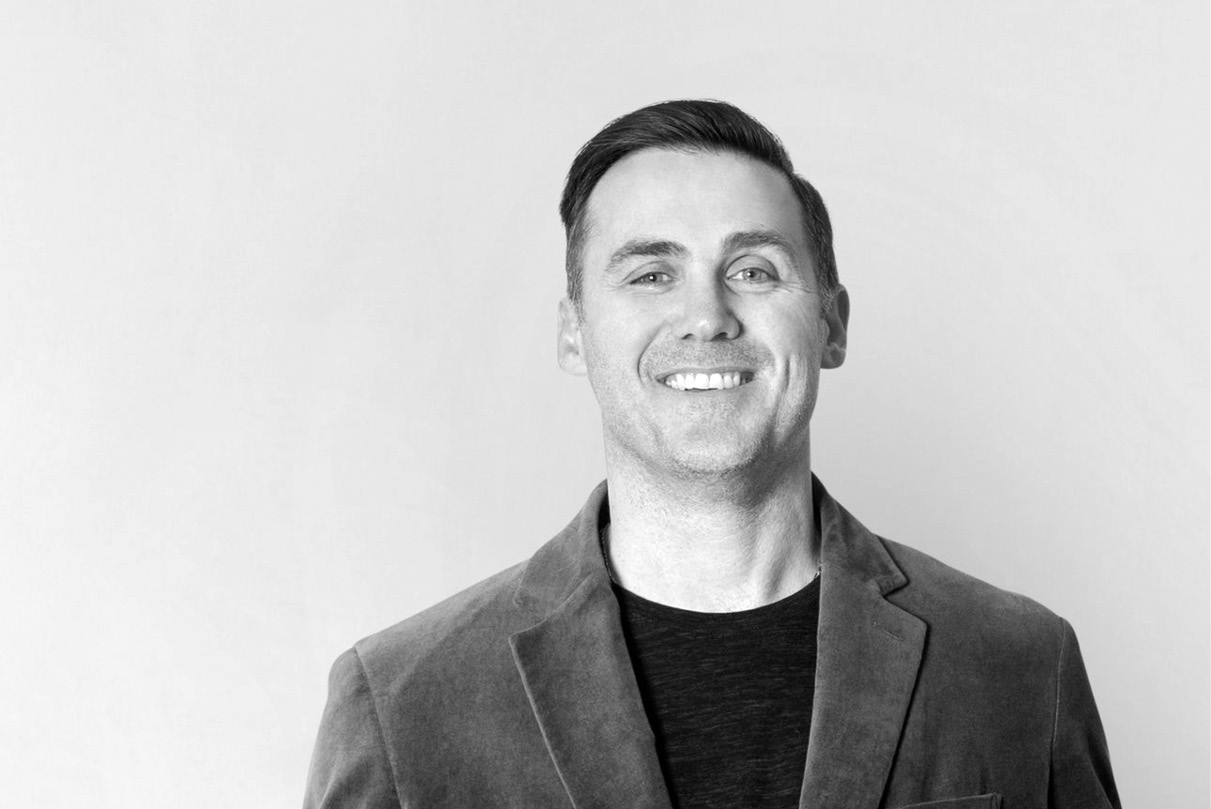
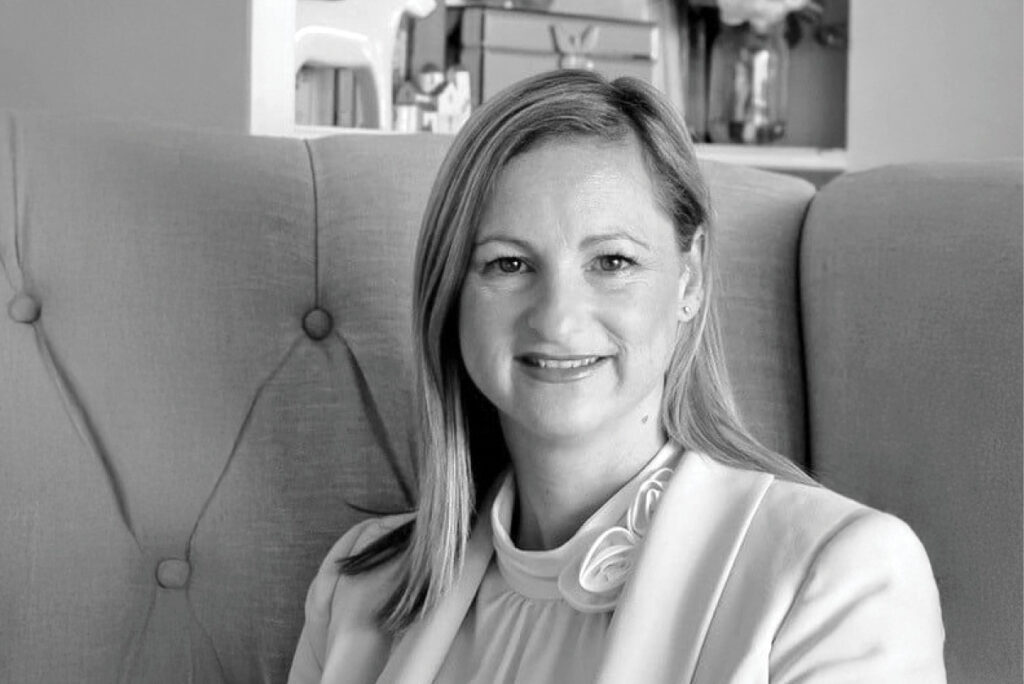

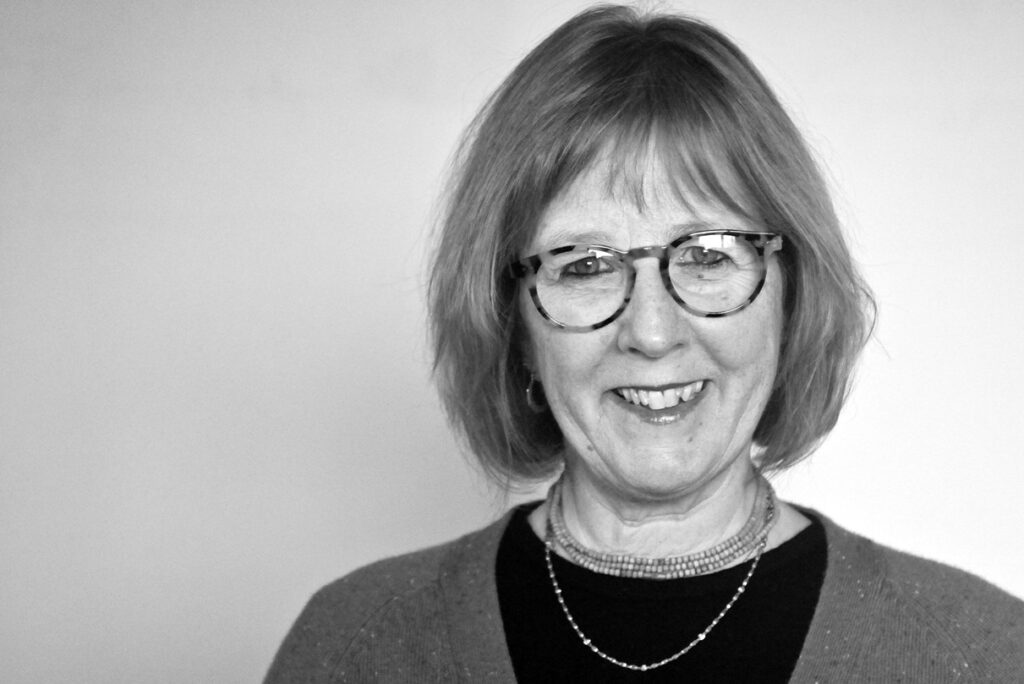
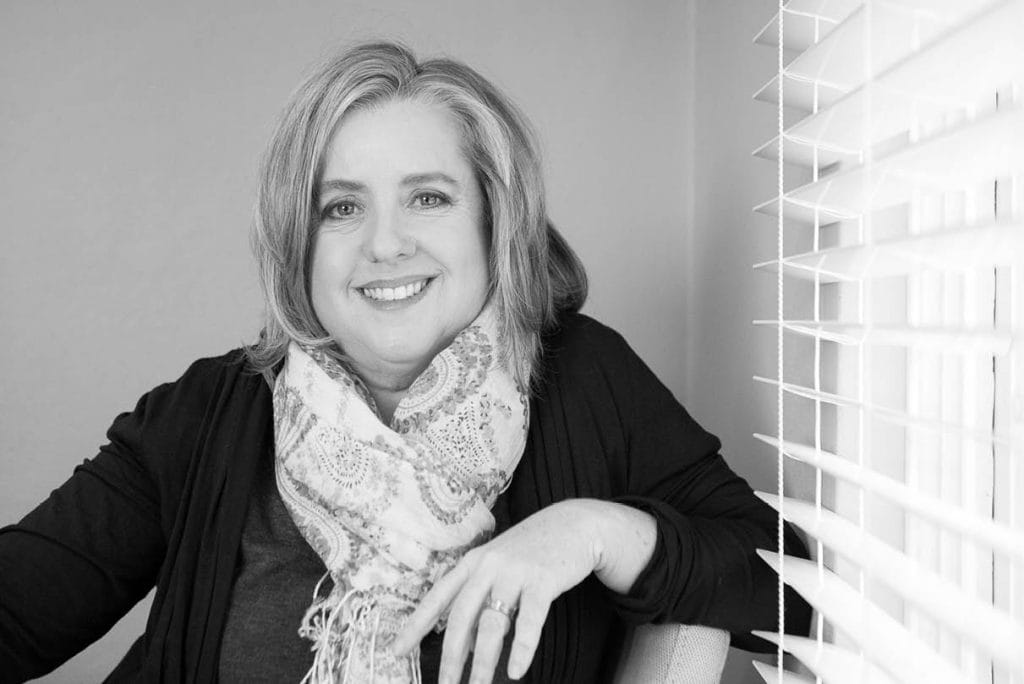
Practised worldwide, EFT is widely recognised as the gold standard in relationship therapy. YMU’s therapists are trained under the highest standards set by the International Centre for Excellence in Emotionally Focused Therapy (ICEEFT), ensuring our clients receive expert guidance backed by decades of research.
Learn more about the global community of ICEEFT trainers here.
John Gottman’s research made him famous for being able to listen to newlyweds talk and then predict with great accuracy if they would divorce within 5 years. He was able to identify hallmarks of conversation that indicated trouble. He called these “the four horsemen of the apocalypse”. His research was extensive and highly regarded.
John and his partner Julie went on to create a therapy from his research that has contributed very positively to the world of relationships.
For example, their work on the four horsemen: criticism, defensiveness, contempt and stonewalling gives couples all over the world a useful signpost to trouble between them.
A word of warning: talking to each other in new ways and hearing each other in new ways takes a LOT of practice and if you find it hard to do on your own. This is because in our experience, couples don’t set off to be deliberately argumentative, these defenses arise out of our emotional distress and in sessions, we are working to re-program those patterns.
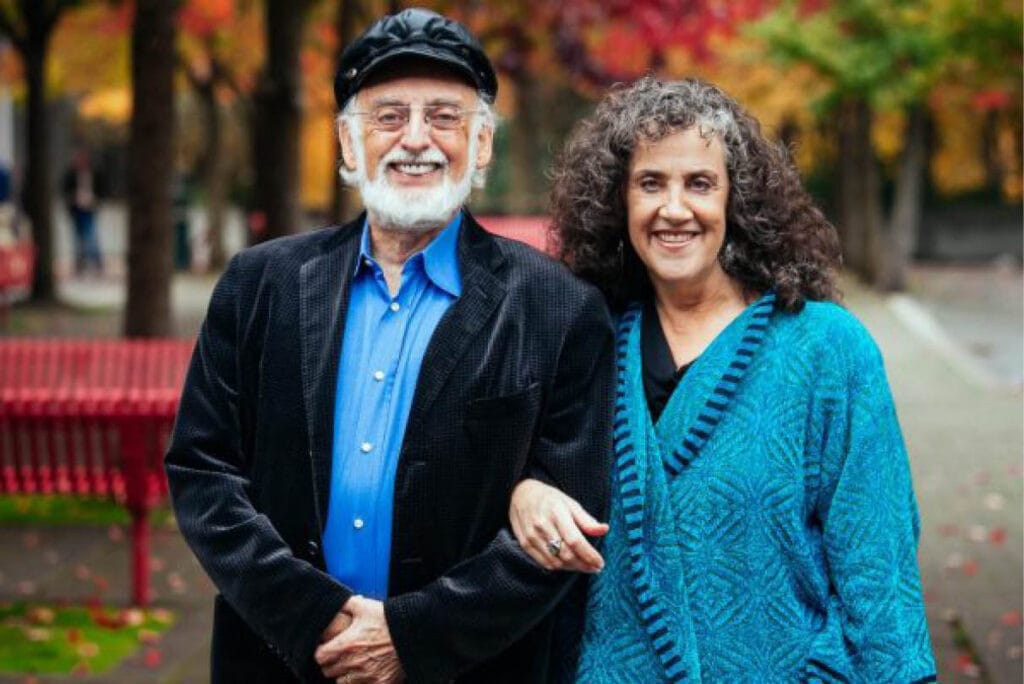
Wondering if counselling can work for you? Curious about the benefits or how it works? Please visit our FAQ page.
OUR PRACTITIONERS’ AFFLIATED ORGANISATION